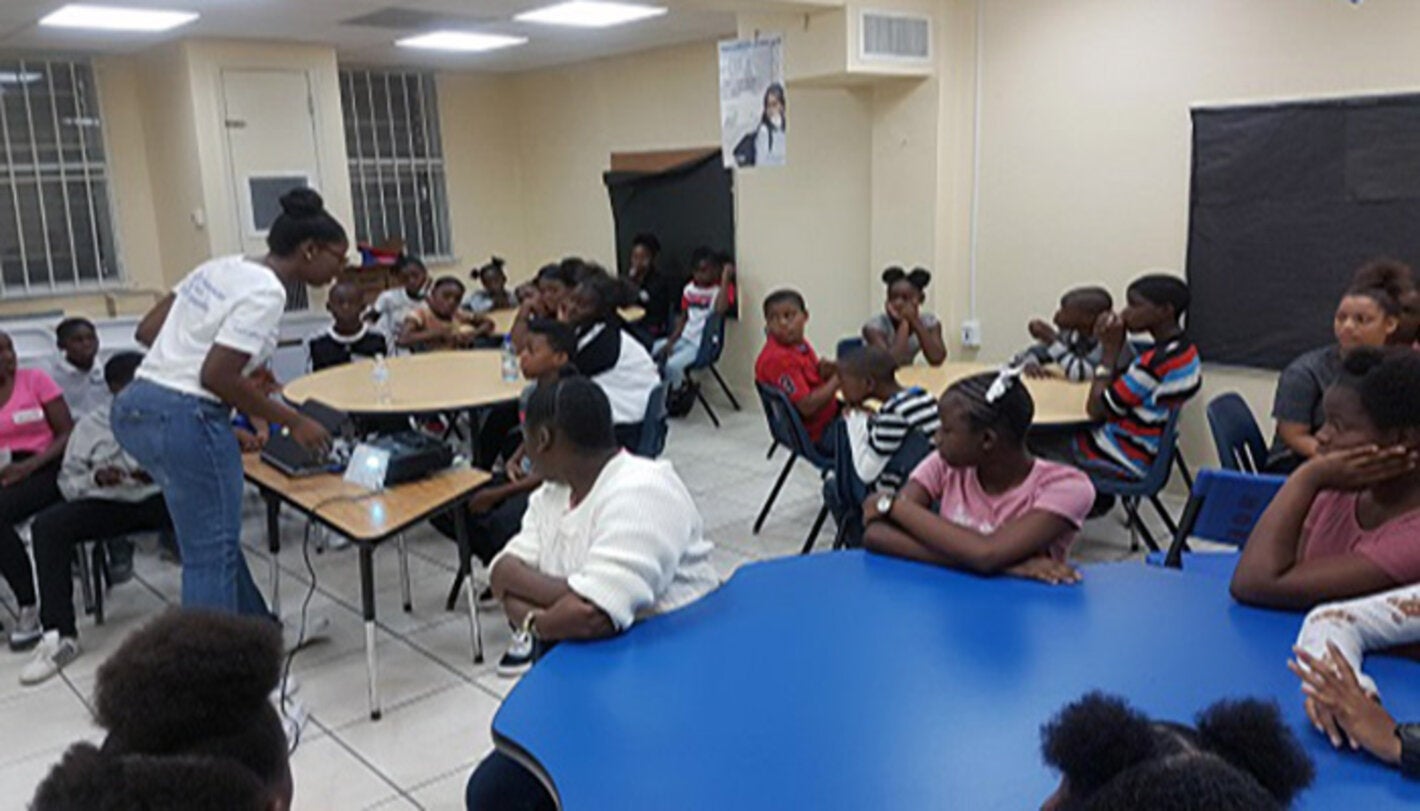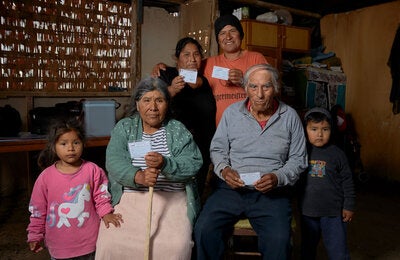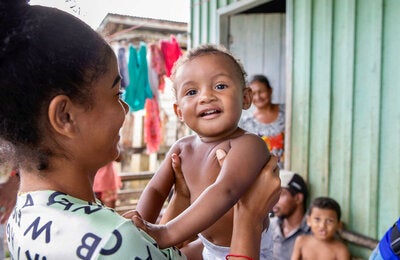
PAHO/WHO Bahamas and partners observed Universal Children’s Day with special emphasis on the health-related rights of the child.
On Saturday, November 23rd, 2019, The Pan American Health Organization in conjunction with the Urban Renewal Commission of the Ministry of Social Services and Urban Development, and the Healthy Bahamas Coalition observed Universal Children’s Day with special emphasis on the health-related rights of the child.
The activity was held from 10am to 1pm at the Marjorie Davis Institute where about 120 school-aged children from Urban Renewal Centres in the Fox Hill, Flamingo Gardens and other communities in New Providence participated. The focus of the activity was on Articles 24 and 31 of the United Nation’s Convention on the Rights of the Child the detail the right to nutritious food, clean water, clean environment, and cultural recreation and play to ensure their healthy development and wellbeing. These articles link to the necessary action needed to address the greatest risks which are poor nutrition and physical inactivity, for the early onset of non-communicable diseases in Bahamian children.
The day commenced with an opening ceremony where the PAHO/WHO Country Representative for The Bahamas and Turks and Caicos Islands, Dr. Esther de Gourville, the Minister of Social Services, Hon. Frankie Campbell, and the Director of the Urban Renewal Commission, Mr. Kellen Russel delivered remarks to defining the rights of the child, emphasize the importance of protecting those rights, defining the role of every sector of society to uphold their health rights under the Convention, and the role of children play as advocates for their rights. It was understood that children are the future and the quality and productivity of lives depend greatly on the protection of their fundamental rights for survival, development, protection, and participation.
After the ceremony, students transitioned into smaller groups to engage in plenary sessions on physical activity, nutritious food, and clean environment. A variety of visual, audio, and active teaching methods were applied to engage with students. The importance of physical activity to preventing the early onset of disease; the type of nutrients needed from each food group; the recommended proportion of meal servings; the link between soil, air and water pollution and health outcomes; and the linkage between climate change and subsequent natural disasters and health were all themes that were explored. More importantly, students identified the role of the health sector, the government, schools, communities and their personal role in addressing each of these themes. After the plenary sessions, students engaged in various activities such as an exercise session, food taste testing, craft activities, and speech writing to reinforce the messages that were taught. Students were asked to develop their messages from the perspective of a political leader, journalist or another person of influence to call for action on the protection of the health-rights of children.



